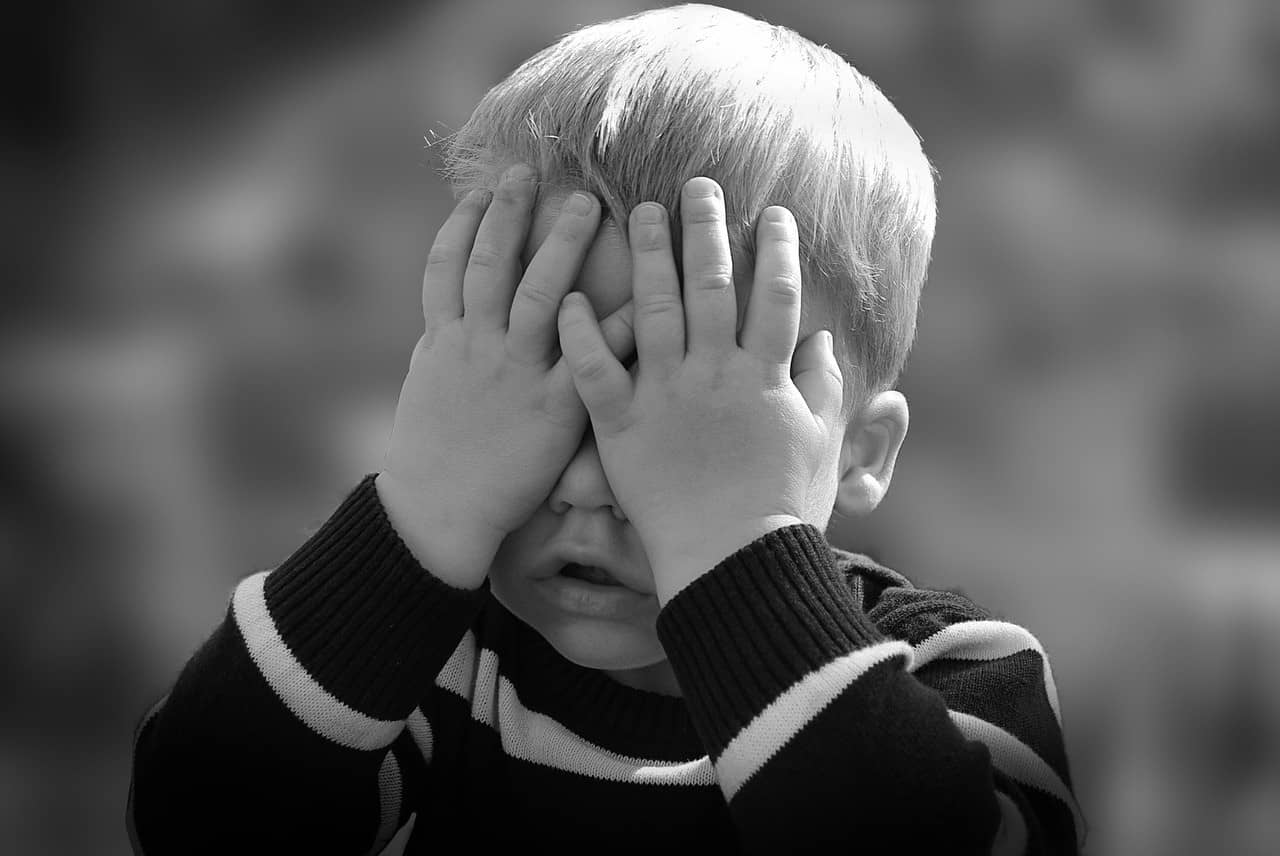by Dr. Lauren Formy-Duval
Although we are not born with self-control, we are born with the ability to develop self-control. With strong parental/nanny relationships and feedback from their surroundings, children can build and grow self-regulation skills that serve them into adulthood.
What is Self-Regulation?
Self-regulation is your ability to manage your feelings, thoughts, and reactions. It starts with identifying how you are feeling both emotionally and physically. At a given time, you need to be able to answer the question, how am I feeling? Am I sad or happy? Am I tired or hungry? By understanding your current state, you can decide how you want to respond. If you are angry, then you can take some breaths or step out of the room. If you are tired, you can to take a nap or if you are hungry, you can grab a snack.
How to Teach Toddlers Feeling Words
When we see a child fussing, we often say that he or she is feeling upset. To help build self-regulation and a better understanding of feelings, though, parents and caregivers should build a vocabulary of feelings words. Sharing your feelings or the feelings of others can help toddlers learn happy, excited, sad, mad, scared, sick, or worried. For example, “Do you see that little boy? He is crying. He must be sad. I wonder why the little boy is sad?” To help toddlers learn about their feelings, help them put their feelings into words. For example, “You are mad. You are mad because your sister took the toy away.”
The ability to understand and name feelings helps children problem-solve. When a child knows how he or she is feeling and what is wrong, then they are more likely to come up with an effective way to manage the situation. A young girl who knows she is sad because her parents are at work, can go hug a favorite blanket or toy as a coping skill.
How Toddlers Build Coping Skills
The toddler years mark the emergence of autonomy and the growth of independence. As they are more active and aware, toddlers can often become overwhelmed by all their thoughts and decisions they need to make. Even relatively small decisions for adults can become a huge stressor for a child – which shirt to wear, what toy to bring, and where to sit can all feel like monumental decisions to a Toddler.
There are many ways that caregivers can help build coping skills in toddlers. First, focus on the basics – sleep, nutrition, and environment. Lack of sleep, being hungry, or being overstimulated can cause rapid changes in a toddler’s mood. Maintaining predictable and stable routines helps toddlers develop inner regulation. Predictability and structure provide a framework and set expectations for the toddler’s day. This predictability helps the toddler understand what is going to happen next, so they develop inner regulation. For example, being on a regular eating schedule helps a toddler manage hunger feelings. It also helps them begin to understand the length of time.
Separation anxiety coincides with the cognitive growth where toddlers begin to realize that their loved ones exist when out of sight, but they do not understand time or the ability to know that their loved one will come back. Children often cope by latching on to a transitional object or a lovey. Typically, these objects are soft and snuggly items that a child will integrate into his daily activities and they allow him to feel connected to the loving care he gets with his parents throughout his day. I highly encourage caregivers to allow children to keep these items close by during the day. If for some reason it is problematic for the lovey to be by a child’s side, it needs to be in an easily accessed place or part of the room and the child should be allowed to go to it whenever needed. Loveys are a comforting bridge between being fully attached to a caregiver and being independent. Toddlers who can connect well to a lovey often cope better during disruptions in their usual routine.
Toddlers experiment, learn cause and effect, and develop problem-solving skills.
Parents and caregivers can encourage this process by talking about things that might cause stress. Coping mechanisms for high stress situations may include having the child looking away while getting a vaccination or thinking of something fun that will happen later after the discomfort has passed. Toddlers can also start learning about proactive plans by talking about what to do if he gets worried while he is at daycare each morning. In addition, toddlers can learn some basic calming techniques such as counting to 10 or even taking some deep breaths.
Self-regulation builds in the toddler years as their brain continues to mature and their mobility allows them to have increasing impacts on the world around them. Toddlers are active explorers of their world and they are eager to touch and see everything! Though they tend to still be impulsive, they are better able to make behavior choices based on the feedback from their surroundings and their caregivers. They are increasingly able to observe what behaviors make their caregivers happy or stern and change their behavior based on that feedback. They also tend to judge actions based on whether they will get in trouble rather than if it is the right thing to do.
To learn more, a Self-Regulation course is available with enrollment in the Advanced Childcare program.

About the Author. Dr. Lauren Formy-Duval is a licensed psychologist practicing in Durham, North Carolina. Working with children and families for over 15 years in schools, hospitals, community agencies, Dr. Formy-Duval is currently in private practice and is also an adjunct faculty member of the Nanny Institute.


Recent Comments